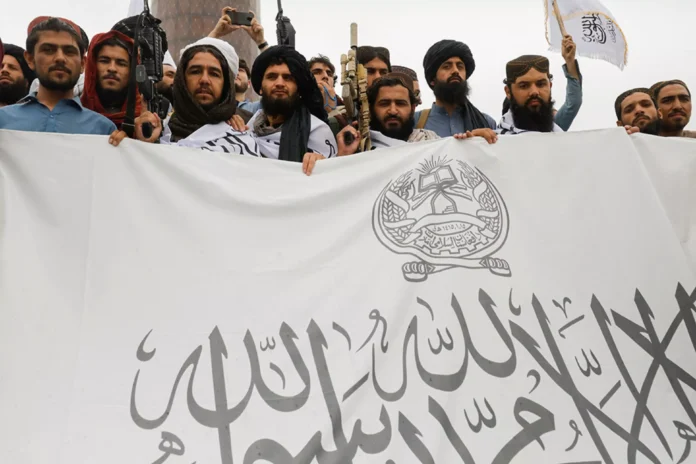Author: Borhan Osman
Affiliation: International Crisis Group’s Senior Consultant for Afghanistan
Organization/Publisher: The New York Times
Date/Place: October 2020/ USA
Type of Literature: Opinion
Word Count: 1400
Link: https://www.nytimes.com/2020/10/02/opinion/afghanistan-peace-talks-doha.html?searchResultPosition=8
Keywords: Power-Sharing, Peace Negotiation, Taliban, Afghan Government
Brief:
To address the ongoing crisis for an Afghan peace negotiation process in Doha, Qatar, this piece taps upon a key controversial debate on the role of Islam in Afghanistan. After the Taliban peace deal with the Trump administration, the current [so-called] “intra-Afghan” peace talks have been scrambling to reach common ground over an understanding of the role of Islam in Afghanistan. The author highlights the push for an “Islamic System of governance” from the Taliban side, and the resistance against the current “Islamic jurisprudence” constitution from the Afghan official side. The purpose, however, is to protect the democratic means achieved so far. There is a possibility of a constitutional amendment signaled by the involved parties to the negotiation. Yet, critical questions such as elections, a coalition government, and parliament remain to be tackled. Osman argues that without a compromise from the Taliban side, the peace negotiations will be strained. The Taliban lacks to have a single ideological document based on textual sources that might enable a political integration with Afghan mainstream politics. The author claims a successful negotiation will require time and a handful of approaches from other states. The author bases his arguments upon the number of interviews conducted with the members and the leadership of the Taliban over the years.
By: Abdullah Jurat, CIGA Senior Research Associate




